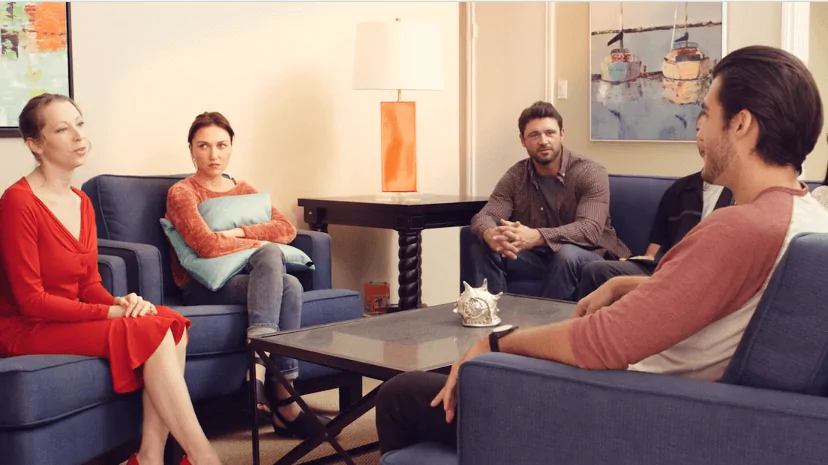24/7 Helpline:
(866) 899-221924/7 Helpline:
(866) 899-2219
Learn more about Anxiety Treatment centers in Aitkin County
Anxiety Treatment in Other Counties

Other Insurance Options

Access to Recovery (ATR) Voucher

Magellan Health

MHNNet Behavioral Health

Premera

Aetna

Health Partners

Health Choice

Covered California

Optima

UMR

Anthem

Molina Healthcare

Highmark

WellPoint

Lucent

Holman Group

Ceridian

Coventry Health Care

Sutter

Carleon






































Northland Counseling Center – Aitkin
Northland Counseling Center - Bunker Hill Drive offers outpatient treatment for individuals with alc...






















